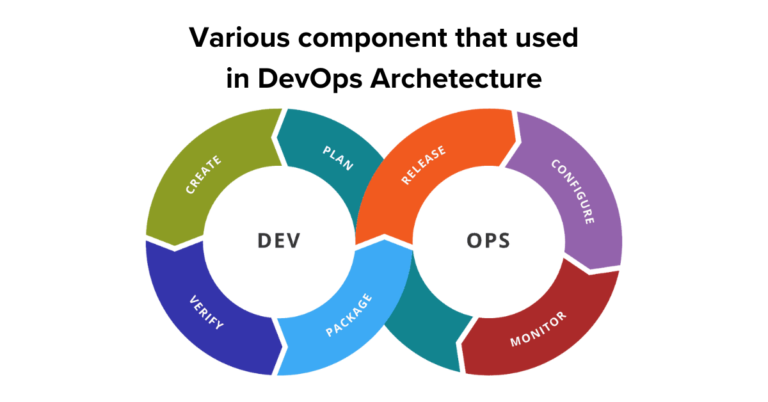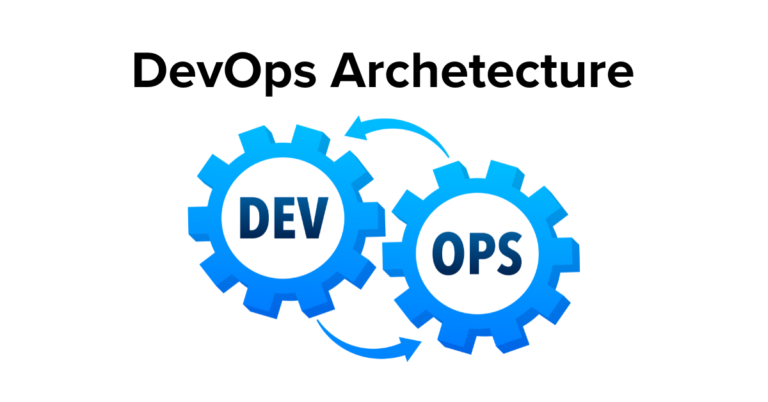Introduction
Linux is widely used in the industry, thus Linux certification classes are essential for IT workers. Linux is an open-source operating system that runs embedded equipment, servers, and cloud infrastructure, putting knowledge of it in high demand. Joining a Linux certification course has several benefits. It provides possibilities for professional growth and progress by validating experience, improving career prospects, and opening doors to in-demand professions in cybersecurity, cloud computing, and system administration.

Understanding Linux Basics
It is well known that the Linux operating system is flexible, secure, and stable. Enrolling in a Linux certification course provides prospective IT professionals with an understanding of the platform’s architecture, commands, and functions, which paves the way for a successful career. The main benefits and attributes of Linux, such as its open-source nature, strong security, scalability, and interoperability with a variety of hardware architectures, are highlighted in Linux certification courses. Aspiring IT professionals must comprehend these qualities. Students study basic commands and shell navigation methods in a course leading to Linux certification. Mastering these fundamentals is essential for effective system administration, file management, and troubleshooting duties in Linux settings.
Choosing the Right Certification
Numerous well-known certification schemes are covered in Linux certification classes, including CompTIA Linux+, Red Hat Certified Engineer (RHCE), and Linux Professional Institute (LPI). By looking at these possibilities, prospective IT professionals may select the certification that best fits their professional objectives. A few things to think about while selecting a Linux certification course include industry demand, present skill level, and career aspirations. Selecting a certification that best suits these criteria will increase its applicability and advantages for your professional path.
Preparing for the Certification Exam
To pass the certification test and sufficiently prepare for a Linux certification course, one must carefully examine the prerequisites and exam objectives. Comprehensive learning is made possible by the abundance of tools that are accessible to assist with exam preparation for a Linux certification course, such as study guides, practice exams, and online courses. Test preparation for a Linux certification course may be maximized by putting into practice useful advice and techniques, such as time management, practical experience, and focused examination of test objectives.
Core Concepts and Skills
To fully prepare applicants for the certification tests, Linux certification courses usually include fundamental subjects including system administration, file system management, network setup, and security. Participating in practical exercises and laboratories is essential for strengthening comprehension of fundamental ideas in a Linux certification program, improving information retention, and improving practical abilities.
Advanced Topics and Specializations
Beyond the scope of basic certification courses, advanced Linux subjects and specializations provide in-depth expertise in areas like Linux server management, Linux networking, and cloud computing. After completing a Linux certification course, one may specialize within the Linux ecosystem and access a wide range of work prospects, leading to professional development and career progression.
Real-World Applications and Case Studies
Applications of Linux in the real world, such as web hosting, cybersecurity, and data analysis, highlight the operating system’s adaptability and significance, highlighting the significance of Linux certification programs in IT education. The usefulness and practical impact of Linux certification courses in professional contexts are demonstrated by looking at case studies of companies using Linux to achieve business objectives.
Exam Day Strategies
Practical methods for addressing exams to succeed in a Linux certification course and ensure peak performance on test day, anxiety and tension are necessary. On test day in a Linux certification course, performance may be maximized by practicing efficient tactics, such as time management, maintaining composure, and concentrating on important ideas. In order to succeed in a Linux certification course and ensure comprehensive preparation and confidence during tests, guidance on how to approach different exam question formats, such as multiple-choice and performance-based, is essential.
Beyond Certification: Career Opportunities and Growth
Examining various jobs in cybersecurity, cloud computing, system administration, and other fields highlights the usefulness of Linux certification courses in helping workers develop in their careers. After finishing a certification course, you may develop your career in the Linux industry by putting smart career advancement techniques into practice, such learning specific skills, networking, and seeking higher-level certifications. The importance of Linux certification courses is further supported by the necessity of embracing lifelong learning and skill development to remain relevant in the ever changing Linux environment.
Conclusion
Recapitulating the key ideas covered in the article offers a succinct rundown of the significance and advantages of enrolling in a Linux certification program. It enables readers to seek professional development and open up fascinating employment options to encourage them to take risk and start their Linux certification journey.






